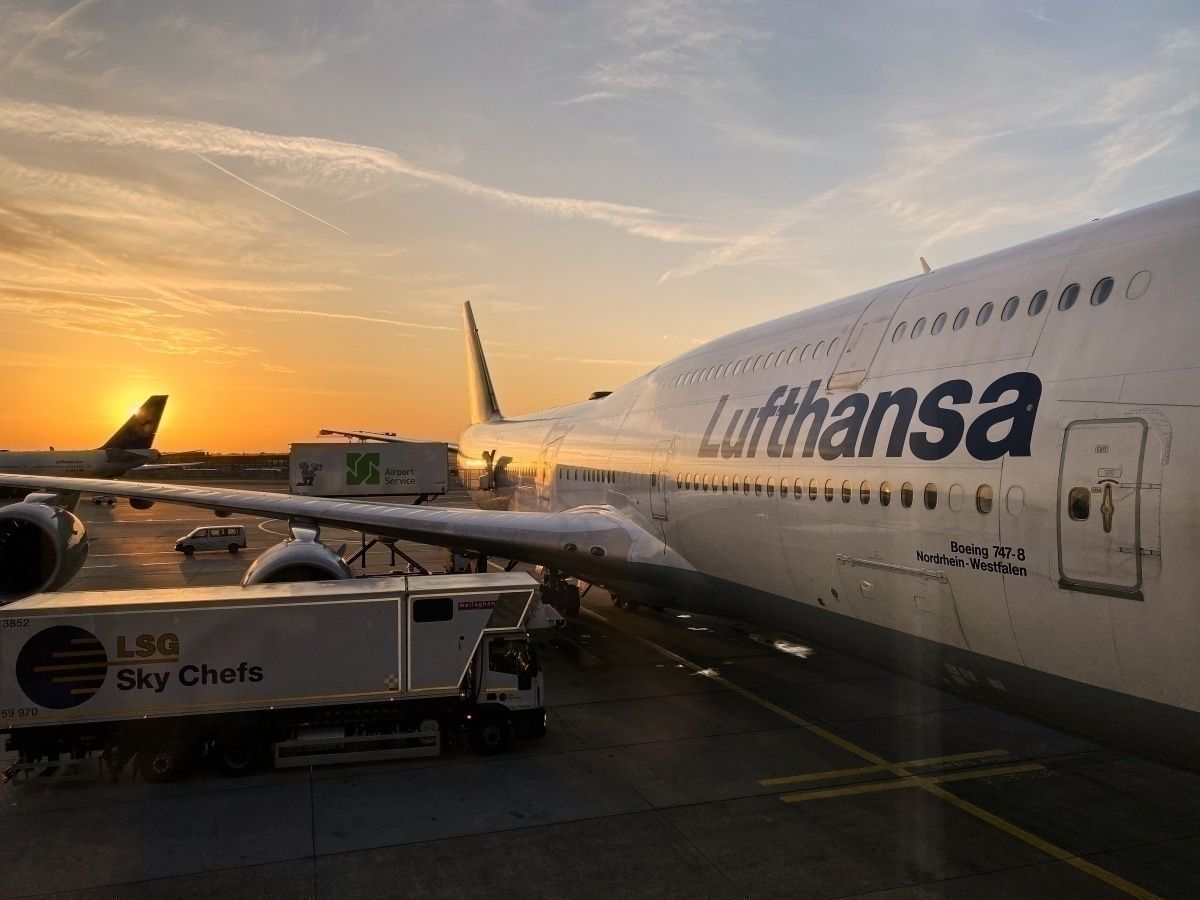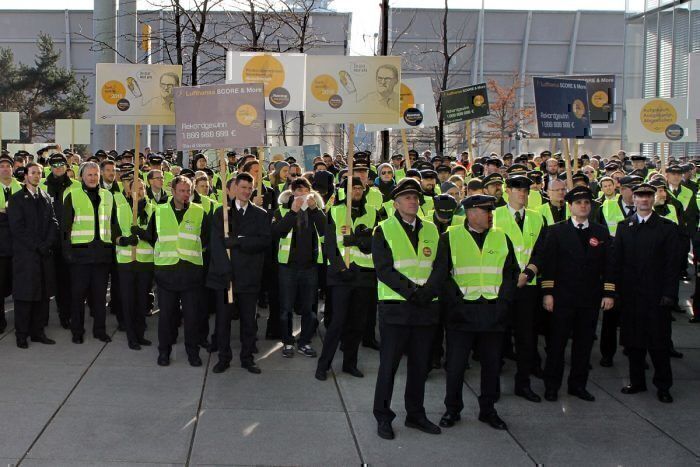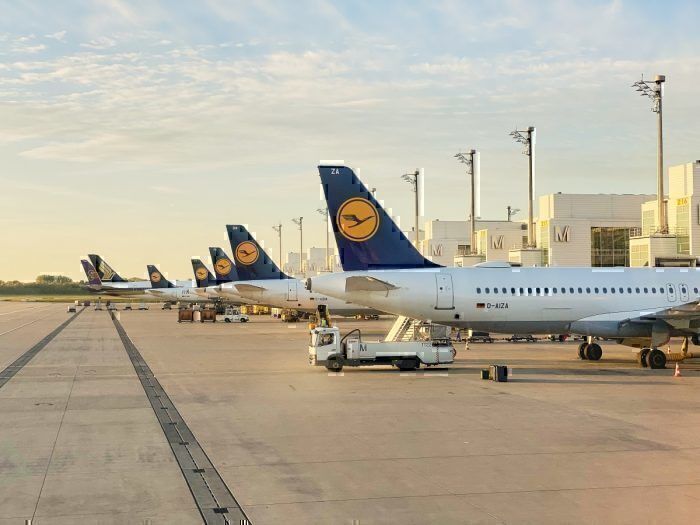Despite 2019 being a year in which the Lufthansa group was plagued with multiple costly strikes, the group still managed to increase the number of passengers it carried last year by 2.3%.
2019 has been a rocky road for Lufthansa employees. Unions called for major strike action in July to demand better pay for employees working at Frankfurt and Munich airports. Then, more strike action was called in October and November forcing the airline to cancel almost 1,500 flights, affecting 200,000 passengers in just two days of strike action.
Finally, during the busy holiday period, more strikes were called over the New Year as talks with the UFO union broke down again. Resulting in three more days of strike action and 180 canceled flights at Lufthansa’s Germanwings subsidiary.
Why are they striking?
Cabin crew staff are striking as demands for better pay and working conditions are not being met by Lufthansa’s management. The staff, members of the UFO union are also demanding changes that would make it easier for staff to get long-term contracts with better benefits rather than short-term contracts which are renewed regularly but don’t qualify staff for certain benefits.
Increased passenger levels
However, despite strikes forcing the group to cancel many flights in 2019, the group still managed to carry more passengers than in previous years. In 2019, the group carried a whopping 145 million passengers around the world. The group managed 1.2million flights that weren’t canceled due to strike action. This means their load factor stood at 82.5%, also up from 2018.
Although strike action in December resulted in cancelled flights, the comparison between December 2018 and December 2019 is still positive for the group overall. The group carried 10 million passengers in December of last year, down from 2018 by 0.3% but sales increased by 3.3% from December 2018.
However, Lufthansa struggled a bit when it came to cargo and freight transportation. Sales decreased by 2.1% during the year and although the capacity was higher in 2019, the load factor was 5.3 percentage points lower than in 2018 at just 61.4.
But with so many strikes and canceled flights, the group's ability to maintain its passenger numbers is significant. In the press statement, the airline said it has managed “moderate growth” which is impressive during a difficult year.
A tough year ahead
Just as Lufthansa breathes a sigh of relief that 2019 is over, 2020 isn’t shaping up to be much better. German aviation authorities have issued a warning over market conditions heading into 2020 as domestic passenger numbers fall across all airlines. Lufthansa figures reflected this change in December as figures dropped overall from 2018 to 2019, in part this was due to strike action over the new year, but also due to fewer people traveling in total.
It seems as if environmental concerns are now being reflected in the aviation industry. As pressure from environmentalists increases, domestic numbers fell. And Germany isn’t the only victim, according to TravelWeekly. In Sweden, domestic traveler numbers fell dramatically after activist Greta Thunberg spearheaded a campaign in the country.
But fuel costs are also partly to blame. In 2019 rising fuel costs claimed some big names; WOW Air, FlyBMI and German carrier Germania all filed for bankruptcy as fuel costs rose. The Lufthansa group stated in March of 2019 that it would cut costs to the tune of €650 million to deal with rising fuel costs. It seems that forward planning may have resulted in the group's success.
Another factor in the group's success in 2019 is that it doesn’t fly the controversial Boeing 737 MAX aircraft. The grounding of the MAX has cost many airlines a large amount of money, something Boeing will pay out in compensation. But as the Lufthansa Group does not fly the MAX, it has not had to change its schedule or reduce flights to allow for aircraft shortages. More of a lucky break rather than skillful forward planning.
As we head into another difficult year of grounded planes, rising fuel costs and environmental pressures, will the Lufthansa group be able to keep its head above water and achieve growth in 2020? Let us know what you think in the comments.




